Discover our top tips!
How can we help you with your CV today?

Try our free CV builder
Let us help you create a standout CV. We'll guide you through one step at a time, with hints and tips from our expert careers advisers.

Make your CV shine
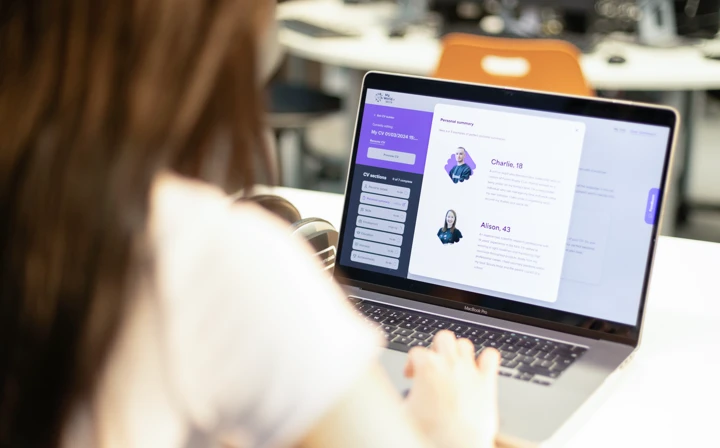
Tailor your CV to success
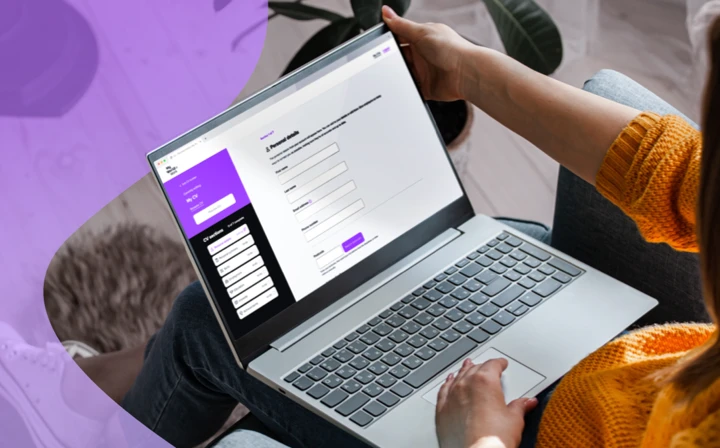
Super CV examples
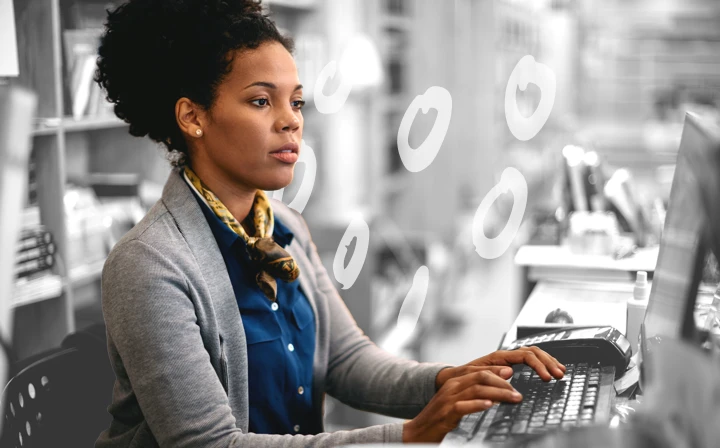
How to write an impactful cover letter
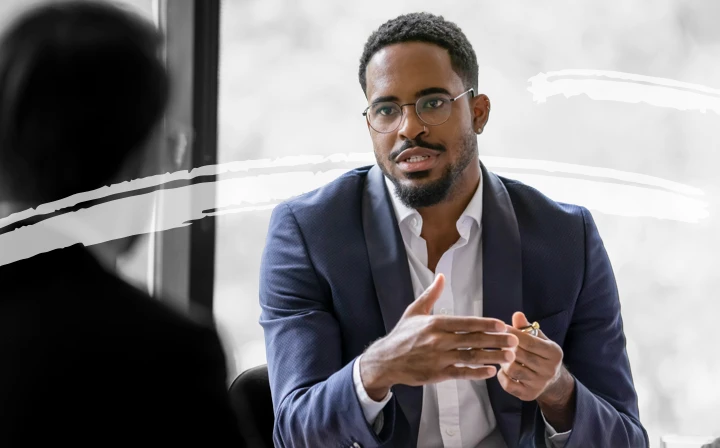
How to explain a gap in your CV
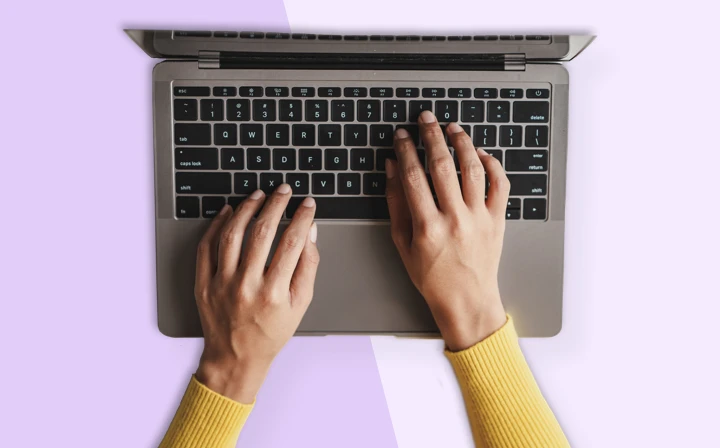
Molaidhean airson sgrìobhadh CV
Ready to ace your job application?

Job applications: the complete guide
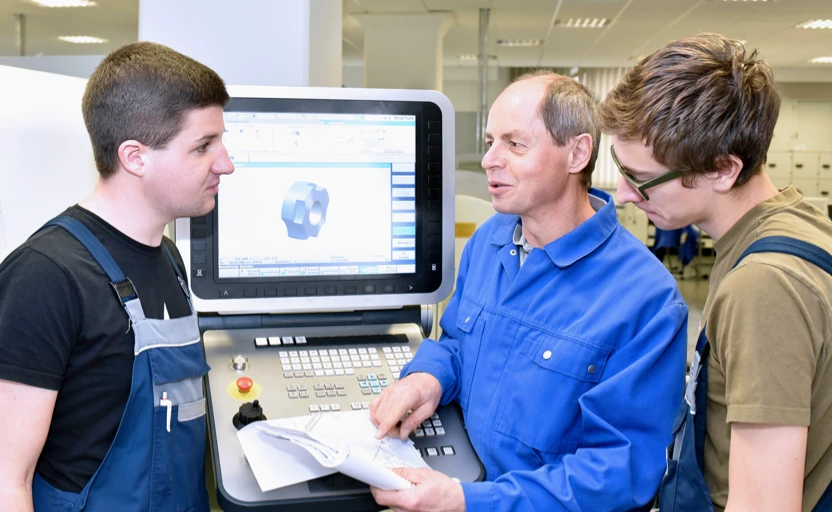
Become a master of the aptitude test
Need some interview hints and tips?
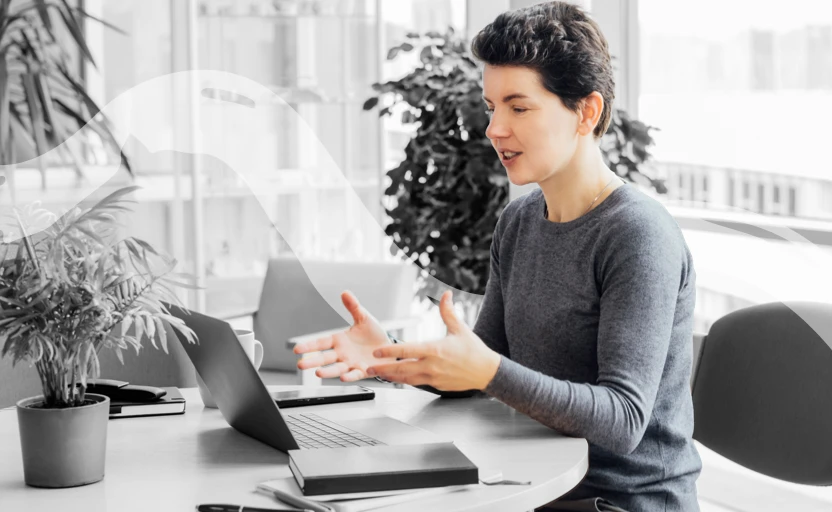
Impress at a job interview
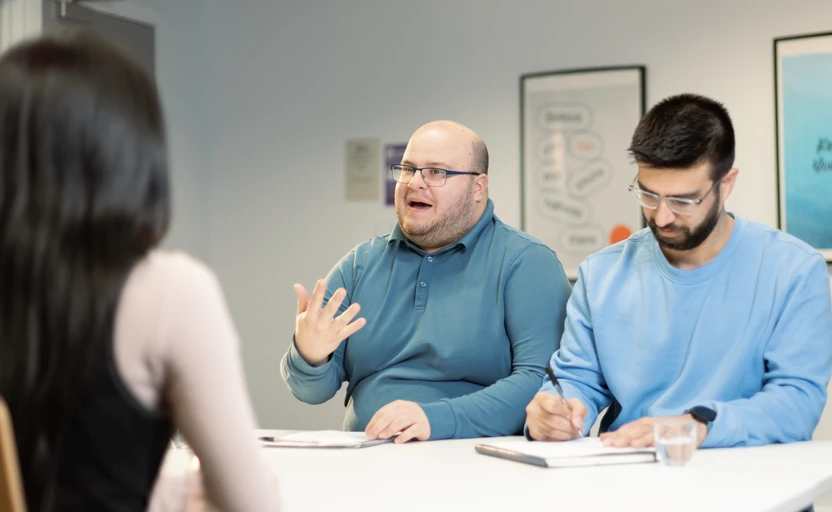
How to answer common interview questions

The 10 biggest interview mistakes to avoid

Competency-based interviews

Communication skills for CVs and interviews
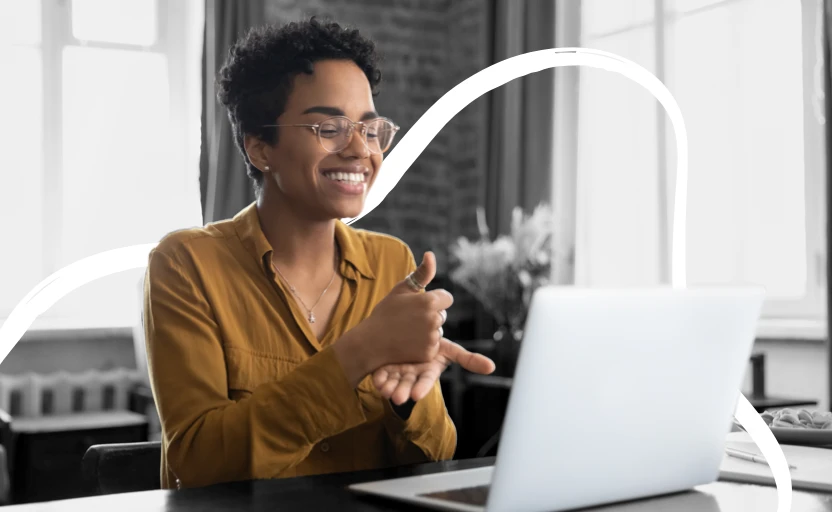
Top tips for video interviews
